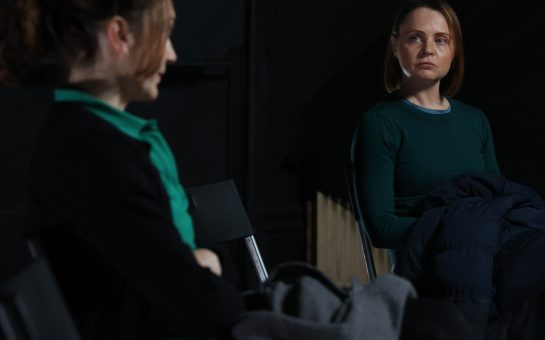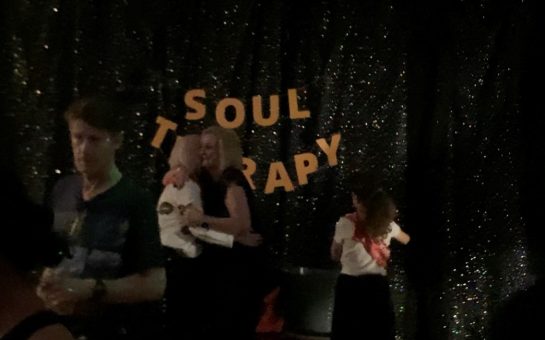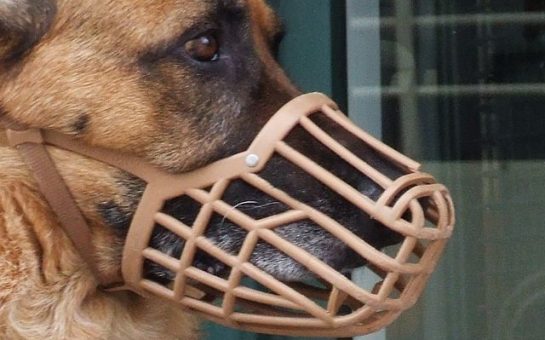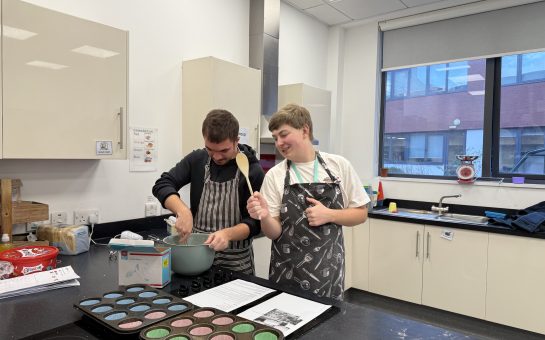Stalking should be taken more seriously – and unaware victims need educating on the potential dangers – according to murder victim Katie Boardman’s sister.
Sarah Summers has spoken out on the issue, almost six years after her sister was stabbed to death by her jealous ex-boyfriend, Brian Taylor, in a booze and drugs-fuelled rage at her Bolton home in February 2009.
Taylor was a dangerous and manipulative man, who abused Katie repeatedly during their violent nine-year relationship and followed her for months after the break-up – he even spent one night sleeping under the trampoline in her back garden.
However, Katie, the mother to four of his children, never fully realised she was a stalking victim.
“My sister died not even seeing herself as a victim of any crime,” Sarah told MM.
“It’s something that a lot of women actually go through. They’ll suffer so many different incidences like my sister before even recognising any signs of stalking.
“I don’t think people give enough support for people out there to end violent relationships and realise once that relationship has ended they need a lot more support and protection.
“I don’t think victims really feel supported enough, like they should be. I feel like they feel like they’ve done something wrong and that’s why it’s so dangerous.”
Two women are killed every week in the UK on average by stalkers and a significant proportion of them are stalked by their ex-partners before they are killed.
Sarah believes that more needs to be done to educate unaware victims.
“Education is a big key to tackling stalking and not just for people that are victims of it,” she said.
“Agencies always expect the victim to make the first contact, like my sister. I don’t know how you can expect the victim to make the first move and contact somebody when they don’t see themselves as a victim and sometimes they’re often too scared to trust anybody.
“I didn’t even see herself as a stalking victim until after she’d died, when someone pointed out the signs to me.”
Stalking has been against the law since 2012 and defendants can receive up to five years in prison for committing the act.
But the law against stalking was not in place in 2009 and Sarah believes that her sister could have survived if it had been introduced sooner.
“They should have arrested and prosecuted him [Taylor] for stalking and the abuse over the last nine years of her life,” she said.
“If the law had been there from the start, he wouldn’t have been able to kill her and he would have got help.
“If he’d got the help and support needed to realise why stalking is wrong, then maybe he wouldn’t have felt the need to take her life.
“There’s always a prevention you can put in place if you think about it properly. He thought he had a right to take her life.”
A campaign to create a new stalking register has been created by John and Penny Clough, whose daughter Jane, 26, was murdered by an abusive former partner outside Blackpool Victoria Hospital in 2010.
More than 120,000 people have signed the online petition backing the scheme, which would track and monitor people with a history of stalking.
Sarah said: “I think everybody has the right to know whether they’re getting in a relationship with somebody that has been a stalker because it can be dangerous.
“Having a register will show that this crime is being taken more seriously and people will have consequences for basically trying to ruin somebody’s life.”
Network for Surviving Stalkers (NSS) is a charity helping to raise awareness about stalking – they also feel more needs to be done.
“Stalking steals lives – sometimes literally,” said NSS leader Jane Harvey.
“The criminal justice system is not proactive – it’s reactive. We deal with the situation after someone has been hurt or killed when actually a great deal could be done to stop a situation escalating.
“Stalking behaviour needs to be recognised as a massive red alarm bell warning us the ‘victim’ is at risk of harm and that the stalker’s behaviour needs addressing as soon as possible before it escalates any further.”
NSS have recently launched a new website and are working on a number of projects to encourage people to identify stalking behaviour and take it more seriously.
For more information you can contact the National Stalking Helpline on 080 880 2300.
Image courtesy of Patrik Nygren, with thanks.



